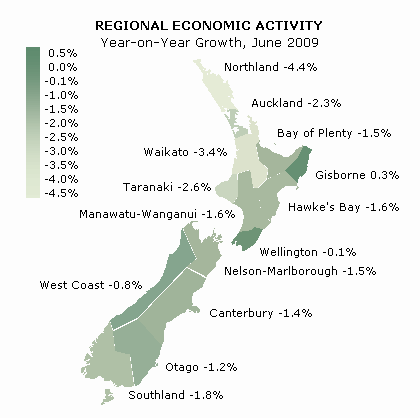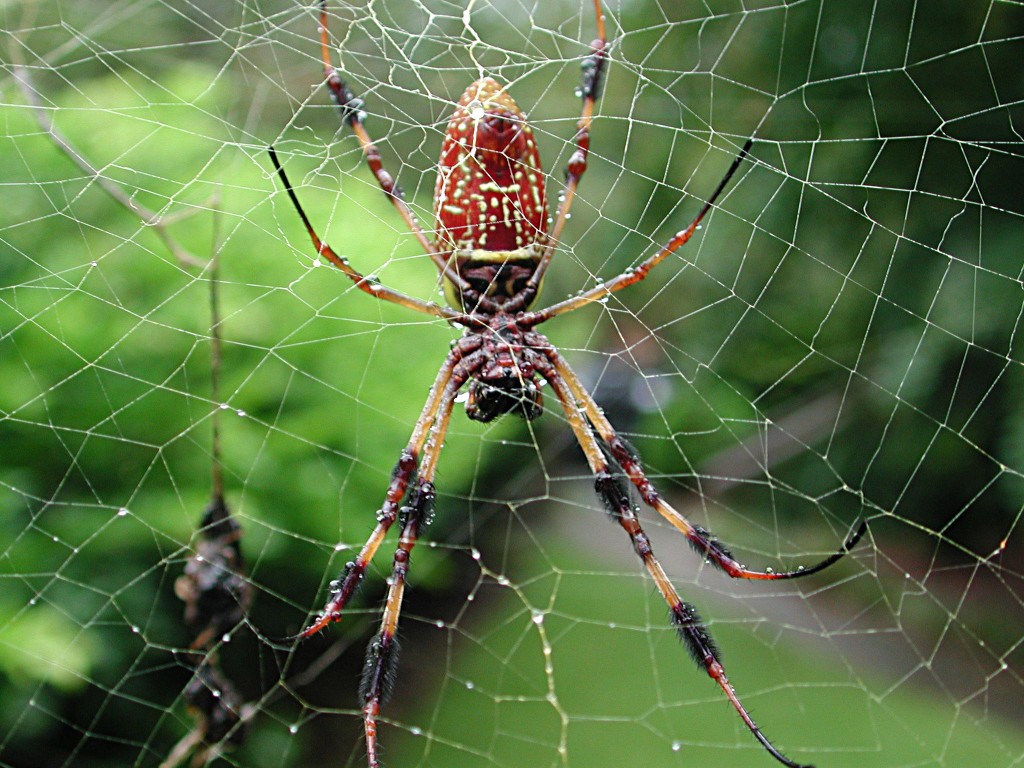 Globalization has perhaps been most difficult for island economies. Despite limited land and other resources, island economies have been encouraged to produce export crops over subsistence goods, leaving the economies of island nations particularly vulnerable to supply chain disruptions.
Globalization has perhaps been most difficult for island economies. Despite limited land and other resources, island economies have been encouraged to produce export crops over subsistence goods, leaving the economies of island nations particularly vulnerable to supply chain disruptions.
Hawai’i, in particular, is an interesting case study. Monsanto and other biotech firms have used Hawai’i as a seed laboratory for decades. In fact, a majority of the GMO seed corn sold to farmers in the midwest comes from Hawai’i. As oil prices continue to rise and the cost of importing fresh food from 2500 miles away goes with it, Hawai’i is reconsidering the wisdom of plantation crops that don’t feed its people.
Hawai’i, like most island economies, is heavily dependent on imports: 90% of its food is imported, and with the closest farms 2500 miles away in California, the carbon footprint and cost to bring fresh goods to the middle of the Pacific are tremendously high. Milk hovers at about $7.50 per gallon in Hawai’i, by far the highest in the U.S.
To say that we can simply kick Monsanto off of Hawaii’s farmlands and start to grow our own would ignore the obvious political and other barriers, and could never be that simple, right?
Perhaps not, according to a new documentary:
Kamehameha Schools, one of Hawaii’s largest landowners, leases much of its land to Monsanto. Monsanto’s pesticides frequently drift onto neighboring towns, and the GMO seeds blow with the wind across neighboring properties, contaminating real farms. Kamehameha Schools is part of one of the biggest legacy foundations in the state, and its charter states that it is supposed to look after the needs of citizens of Hawaiian ancestry.
According to the film, Kamehameha Schools would live up to its charter by revoking the leases it gives Monsanto and begin turning that land over to local farmers. Rehabilitation of the land will take years, as the company’s toxic farming practices have left soils bereft of nutrients, microfauna and microflora, and for productivity, are completely chemically dependent.
Local farms might not be able to pay the same rate to Kamehameha Schools for that land, but if local residents were to sue for chemical contamination and illnesses that arise from the drifting pesticides from Monsanto’s operations, Liz Dunne, environmental attorney, says that Kamehameha Schools could absolutely be included in the lawsuit, as the landowner of record.
Leasing lands to Monsanto might just be too risky, making the economics of local food much more attractive.


